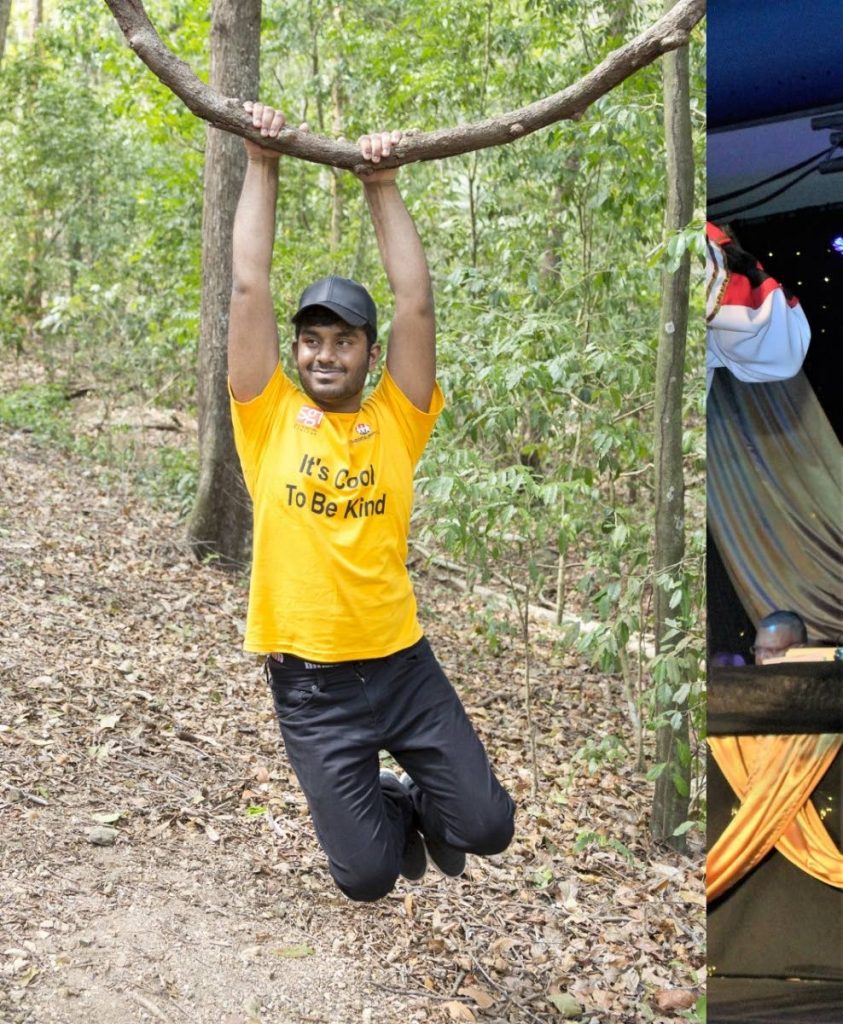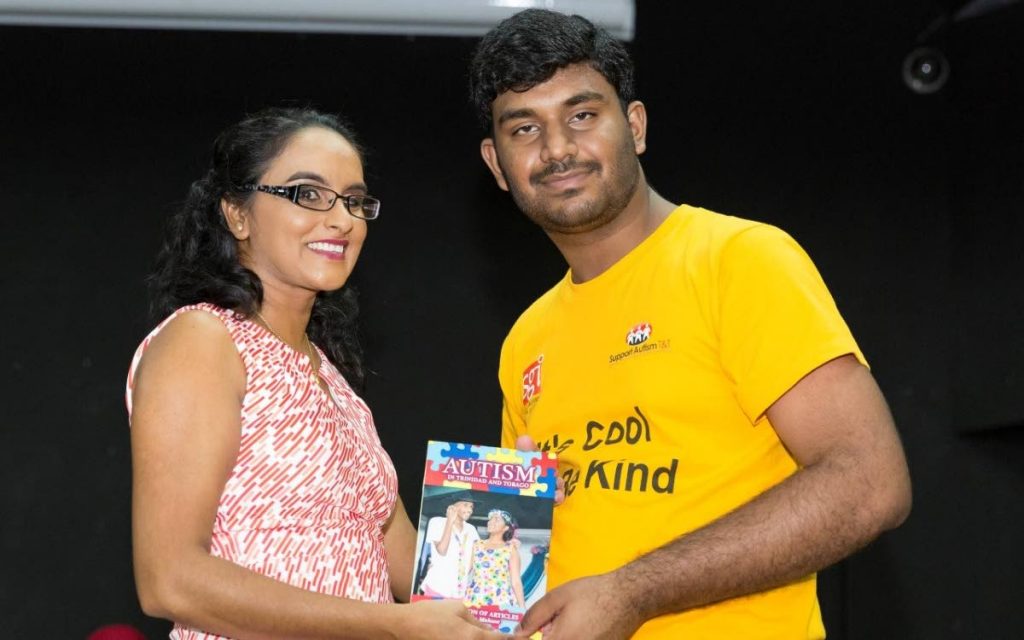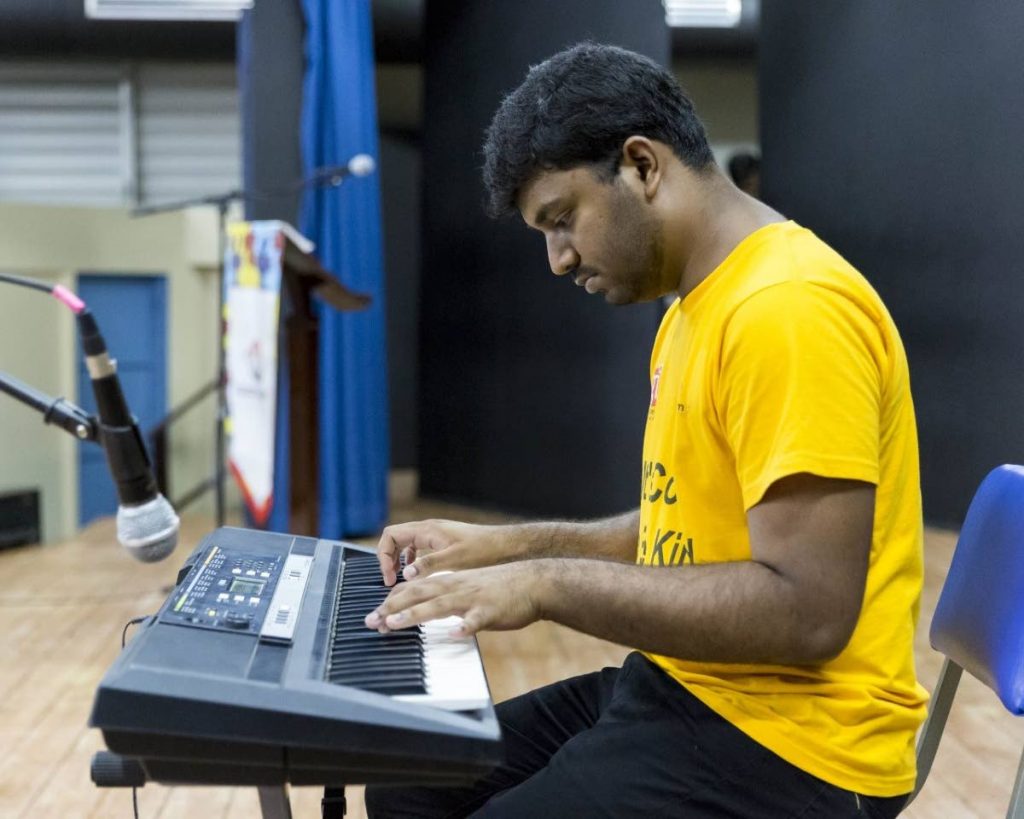Autism – the transition to adulthood

DR RADICA MAHASE
NAVIN is 21 years old. He’s a brilliant musician who performs at private functions. He wants a career as a musician. He wants to work and have an independent life. He wants to be able to travel and take care of himself. Navin is a youth volunteer with Support Autism T&T where he works with other youth volunteers to execute events for individuals with autism in TT.
Only because of his parents' refusal to give up on their son, their desperate desire to give him a better life and their attempts to get him all the help that he needed, Navin was able to develop into the young man that he is today. According to his mom, they recognised that Navin was not developing as he should have when he was about two years old, especially with respect to speech. They started him with speech therapy when he was three years old.
They also took him to a paediatrician who said that nothing was wrong with him. When Navin’s parents insisted that their son was not developing as he should, the paediatrician recommended that they visit a child psychologist who also said that nothing was wrong with him. At age five they took him to see a neurologist who also found nothing wrong with Navin. When Navin was nine years old a developmental paediatrician said that his score on borderline and that they should bring him back in a few years.

Regardless of all the “diagnosis”, Navin’s parents recognised that their son needed extra help and continued to work with him. They enrolled him in private schools and with their attention and focus on him he developed really well. Navin was able to attend school until age 14 and then he went on to the National Centre for Persons with Disabilities, where he is currently a student.
According to Navin’s mom, “Navin wants to work and live an independent life. When he started school in San Fernando his dad taught him to travel. For one month he would let Navin stop a taxi and get in and then his dad will get in as another passenger. In this way, Navin learnt to travel from Chaguanas to San Fernando on his own.”
She noted that, “Navin really wants to be able to work in a normal environment. He wants to earn a living. He wants people to treat him like he’s a normal person. We let him go into stores to buy things himself and so many times we observe how people treat him; you can see the look on people’s face when they interact with him. The public needs to embrace people like Navin and give them a chance. They’re human too. All they need is for people to have the patience to listen to them, to let them do the things that we take for granted.”
Thursday, April 2 is World Autism Awareness Day. This year the theme is The Transition to Adulthood. The United Nations noted that, “Becoming an adult is typically equated with becoming a full and equal participant in the social, economic and political life of one’s community. However, the transition to adulthood remains a significant challenge for people with autism because of the lack of opportunities and support devoted to this phase of their life.”

This theme is particularly important to us here in TT where opportunities for adults with autism is almost non-existent. There has not been any dialogue about adults with autism in terms of employment, social development, welfare assistance, healthcare, housing, career development, etc. This is a section of our population which has been significantly invisible with no discourse on how to create opportunities for them so that they can be independent or lead fulfilling lives.
I had the pleasure of interacting with Navin and all I see is a confident, intelligent young man.
He is a talented keyboardist who can hold his own on a stage. He is always pleasant and interacts well with the other youth volunteers. His autism doesn’t restrict him – he is a young man who can have a successful career one day, if he is given the opportunity to develop his talent, to work and become independent. This can only happen when we in TT change our attitudes and our negative mentalities, when we create opportunities for adults with autism and when we develop policies that would allow them to participation at all levels.
Dr Radica Mahase is founder/director, Support Autism T&T


Comments
"Autism – the transition to adulthood"